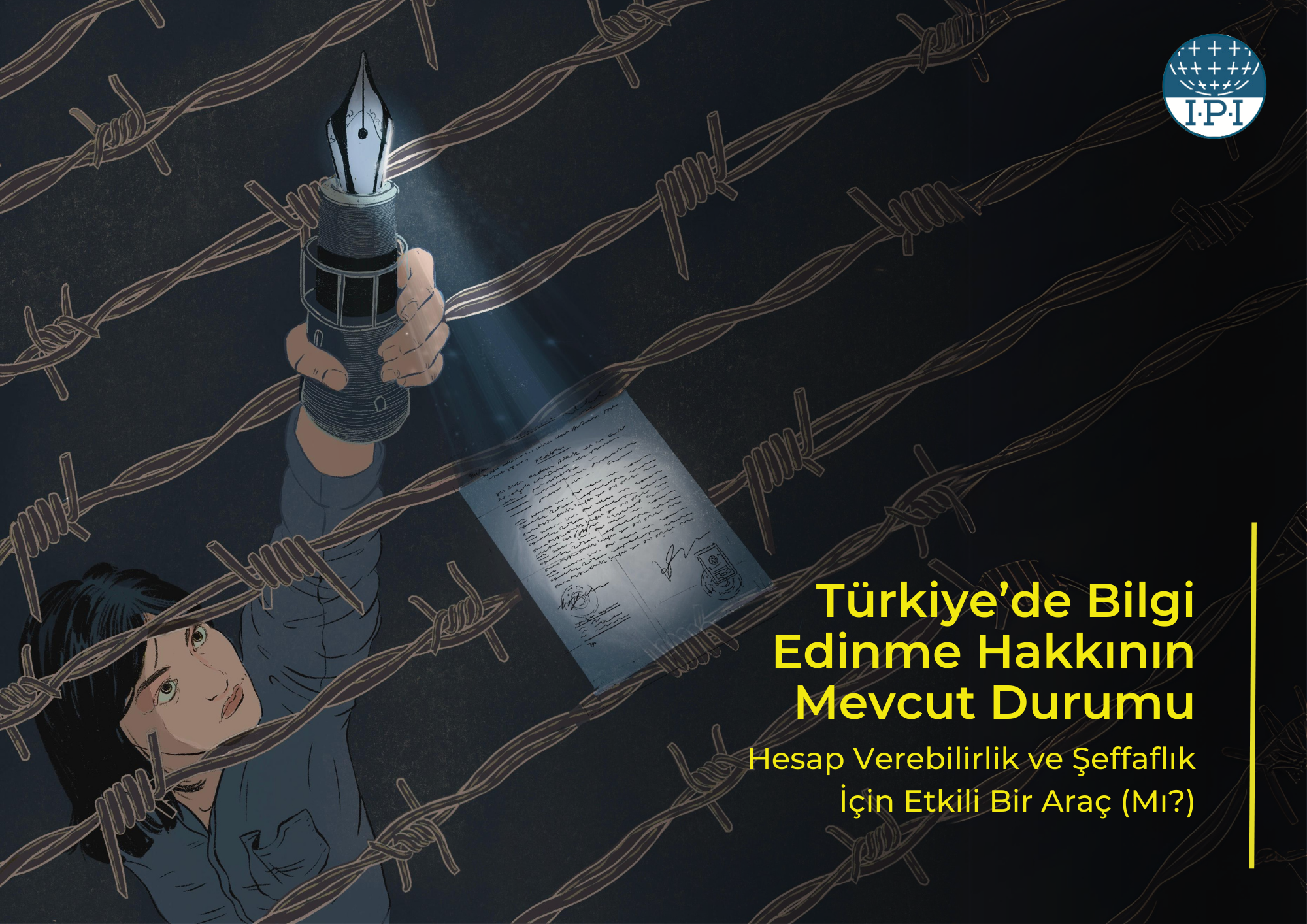The International Press Institute (IPI) published the “The Current State of Freedom of Information (FOI) in Turkey: An Effective Tool for Accountability and Transparency (Or Not?)” report that examines how the freedom of information (FOI) is exercised in Turkey. The report provides a detailed analysis of the FOI requests previously made by journalists and civil society organizations (CSOs), the responses they received, and the challenges they encountered.
The right to information in Turkey was legally established with the adoption of the Right to Information Law No. 4982 in 2003, and it gained constitutional status in 2010. This law grants citizens the right to request information from public institutions while obligating institutions to respond to these requests. However, significant difficulties and limitations persist in practice.
Many institutions ignore requests by failing to respond, while others misuse Articles 7, 8, and 26 of the law to deny applications, creating serious obstacles to exercising this right.
The Board of Review of Access to Information (BEDK) evaluates objections to unanswered or rejected applications and plays a critical role. However, its independence and effectiveness are often questioned, and it frequently issues decisions that do not interpret the law liberally. Additionally, the requirement that applications to BEDK must be submitted by mail adds to the challenges.
While the CIMER (Presidency’s Communication Centre) website has facilitated the tracking of applications, the restriction of one application per day limits its utility.
Despite these limitations, there are examples where journalists and civil society organizations have received satisfactory responses to their requests. Our report highlights these examples to encourage the use of this right.
We also detail lawsuits filed by journalists and civil society members for unanswered applications. However, the judicial process is burdensome both financially and emotionally, often failing to promote widespread use of the right. Moreover, even when cases are won after years of litigation, many institutions resist implementing court decisions and continue to refuse responses to applications.
Despite the challenges, effectively utilizing the right to information is crucial for deepening democracy and fostering transparent governance in Turkey. Increased usage of this right by journalists and non-governmental organizations will enhance accountability and support the development of journalism and rights advocacy grounded in public data.
